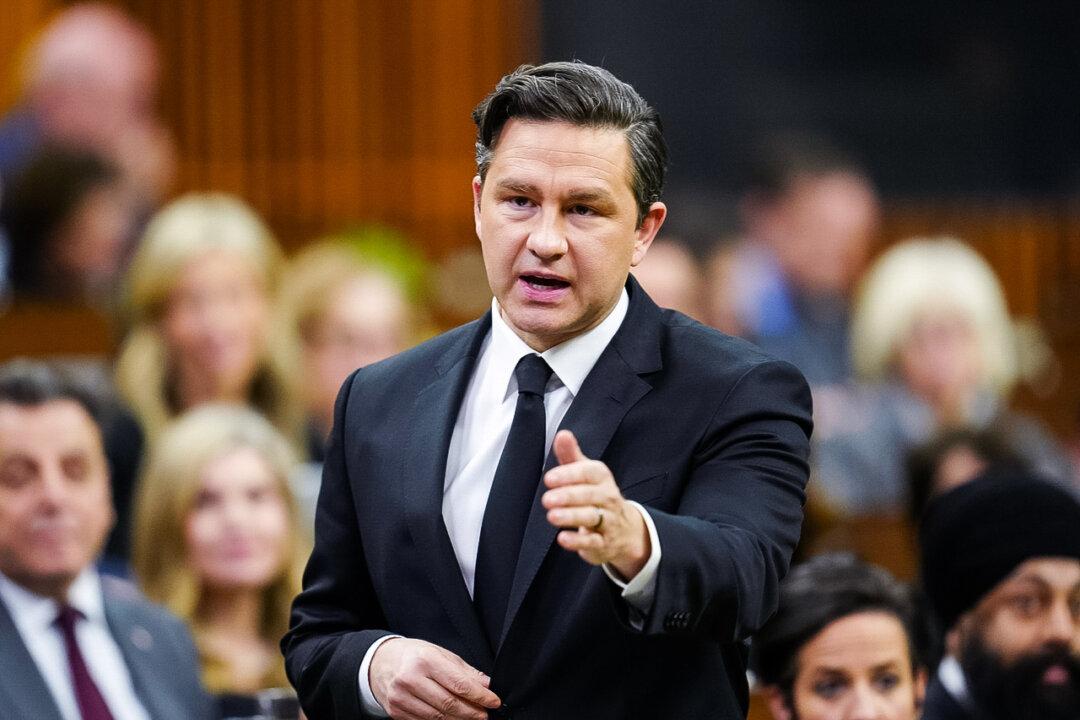With Pierre Poilievre’s Conservatives far ahead in the polls, the next federal election could bring a change in leadership and big policy changes. But it takes a lot of political capital to make big changes, and some deeply embedded policies may be hard to reverse.
How might a Poilievre government approach Liberal programs currently taking root, such as national child care, pharmacare, and dental care? How might it handle energy policy, including how Canada’s oil and gas industry is treated and how green energy is subsidized?





